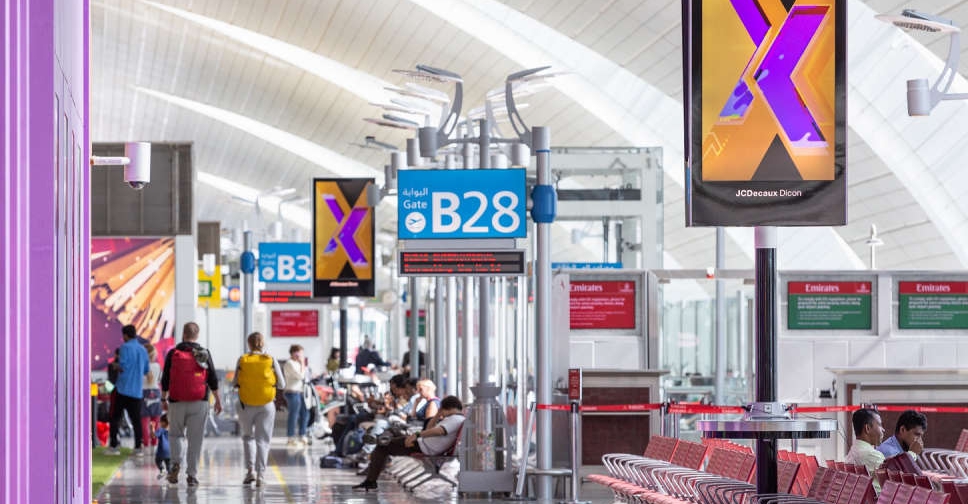
Dubai International (DXB) is headed for an exceptionally busy 10-day period as schools shut for half-term break.
As many as 2.1 million passengers are expected to pass through DXB between October 21 and October 30, with total average daily traffic touching 215,000 passengers.
October 30 is forecast to the busiest day with daily traffic exceeding 259,000 passengers.
Travellers are advised to follow a few simple tips to beat the holiday rush
- Be aware of the latest travel regulations for the destination you are travelling to and ensure that you have all the necessary documents with the required validity before reaching the airport.
- For those travelling with families, children over the age of 12 can use Smart Gates to speed up the passport control process.
- If you are flying out of Terminal 1, arrive at the airport no earlier than 3 hours before your departure. Use online check-in wherever available to save time.
- Those travelling from Terminal 3 can use Emirate's convenient early and self-service check-in facilities.
- Weighing luggage at home, checking documents in advance, and being prepared for security checks can save a lot of time at the airport.
- Use the Dubai Metro to get to and from the airport.
- Friends and families are advised to use the airport’s designated car parks or valet service to receive their guests in comfort as access to the arrivals forecourt in Terminal 3 is limited to public transport and other authorised vehicles.
- DXB guests can access the customer contact centre through calling direct number (04-224 5555), email at customer.care@dubaiairports.ae, webchat through the Dubai Airports and DXB&more websites, or using Facebook, Instagram and Twitter



 UK's Jaguar Land Rover to halt US shipments over tariffs
UK's Jaguar Land Rover to halt US shipments over tariffs
 US starts collecting Trump's new 10% tariff
US starts collecting Trump's new 10% tariff
 Nasdaq set to confirm bear market as Trump tariffs trigger recession fears
Nasdaq set to confirm bear market as Trump tariffs trigger recession fears
 Dana Gas and Crescent Petroleum exceed 500M boe in Khor Mor field
Dana Gas and Crescent Petroleum exceed 500M boe in Khor Mor field
 China to impose tariffs of 34% on all US goods
China to impose tariffs of 34% on all US goods



